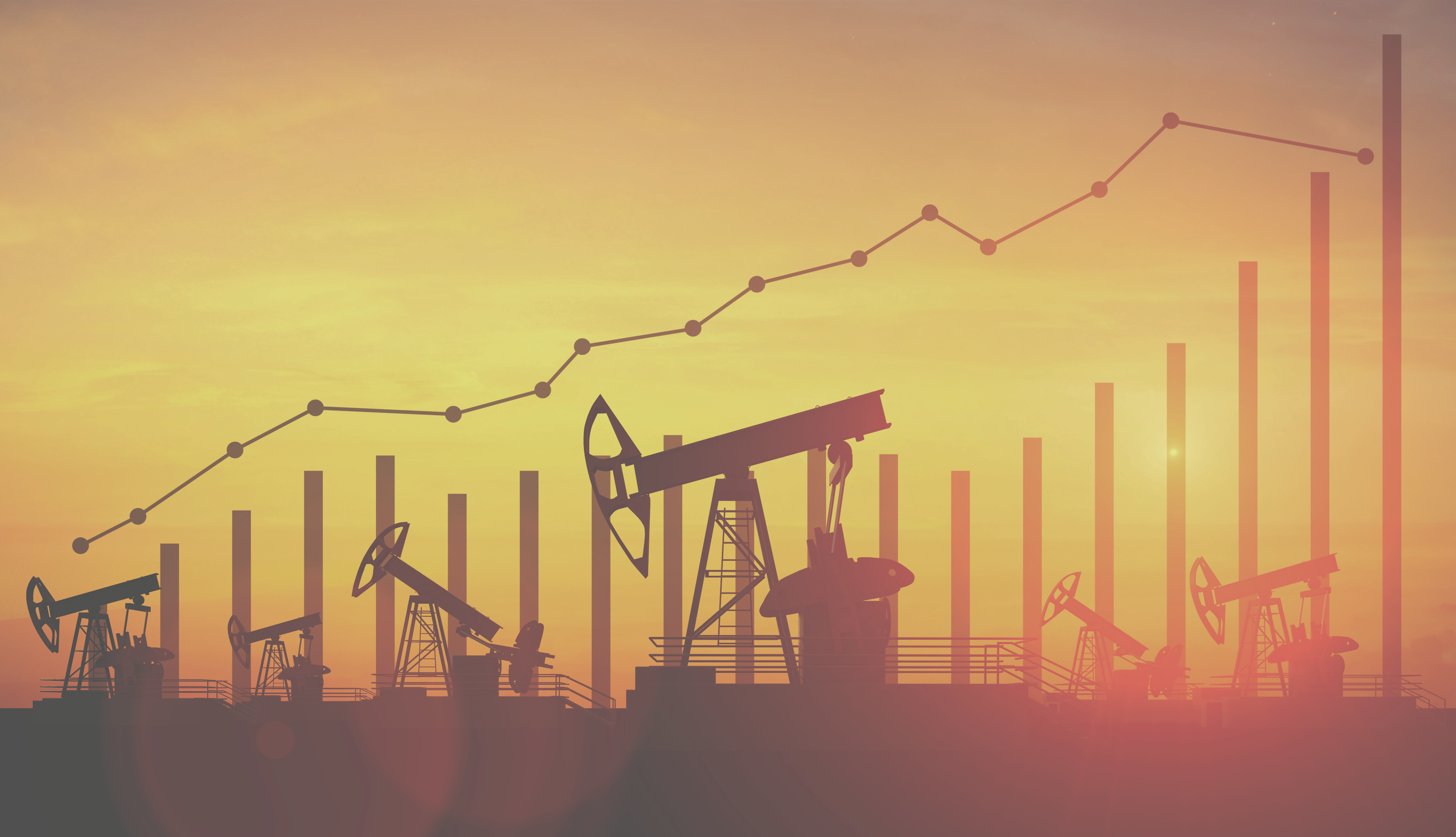Leaving a car running while pumping gas can lead to a fire or explosion due to the ignition of fuel vapors. It is crucial to always turn off your car’s engine before refueling to prevent severe consequences.
Leaving your car running while pumping gas might seem like a minor oversight, but it can have grave consequences. The act poses a significant fire hazard due to the potential ignition of fuel vapors. We will explore the possible dangers and repercussions of leaving your vehicle’s engine running while refueling.
Understanding these risks is essential to ensure safety at the gas station and prevent catastrophic incidents. Let’s delve into the potential consequences and dangers of this seemingly innocent mistake.

Credit: www.brookings.edu
Fire Hazards
Leaving your car running while pumping gas can result in several fire hazards. It is essential to understand the potential risks involved to ensure your safety and the safety of others at the gas station. Let’s explore some of the key fire hazards associated with this practice.
Ignition Sources
- Your vehicle’s engine contains multiple ignition sources, including the exhaust system, hot surfaces, and electrical components.
- If there is a fuel leak, these ignition sources can cause the gasoline vapor to ignite, leading to a potentially catastrophic fire.
- Even a small spark can ignite the fuel vapor, resulting in a sudden and intense fire that can quickly spread.
Fuel Spillage
Another fire hazard when leaving your car running while pumping gas is the risk of fuel spillage. Fuel spillage can occur due to various factors, such as mechanical failures, improper handling of the fueling nozzle, or accidental disconnection of the fuel hose.
- When fuel spills onto the ground, it creates a flammable surface that can easily catch fire if exposed to an ignition source.
- The combination of a running engine, fuel vapors, and fuel spillage significantly increases the likelihood of a fire incident.
- It is important to remember that gasoline is highly flammable and can ignite at even low temperatures.
- The consequences of a fuel spillage fire can be severe, causing property damage, injuries, and even loss of life.
Therefore, it is crucial to be aware of these fire hazards and take necessary precautions while refueling your vehicle. Always turn off your engine before pumping gas and ensure that there are no fuel leaks or spillage. Additionally, be cautious of any unusual smells, smoke, or sparks around the gas station, as these can indicate a potential fire risk. By following these safety measures, you can minimize the chances of fire incidents and protect yourself and others from harm.

Credit: knowhow.napaonline.com
Legal And Safety Concerns
Leaving your car running while pumping gas may seem convenient, but it is not without its potential consequences. It is important to understand the legal and safety concerns associated with this practice in order to make informed decisions. In this blog post, we will delve into two significant aspects: local and state laws and explosion risks.
Local And State Laws
Local and state laws governing the act of leaving your car running while refueling can vary, so it is crucial to familiarize yourself with the regulations in your specific area. Breaking these laws can result in substantial fines and penalties.
For instance, in certain states such as California, it is mandatory to turn off your vehicle’s engine while refueling. Violating this law may lead to fines of up to $1,000 or even imprisonment for repeat offenders. Similarly, in New Jersey, it is illegal to leave your car running and unattended while pumping gas, with penalties that can reach $250.
To avoid potential legal consequences, always abide by the local and state laws applicable to your situation. Taking a few seconds to turn off your engine can save you from all sorts of troubles down the line.
Explosion Risks
Leaving your car running while pumping gas introduces significant explosion risks due to the combination of fuel vapors and heat generated by the running engine. Even a minor spark from static electricity can ignite these vapors, resulting in catastrophic consequences.
To fully grasp the danger, consider this: gasoline vapors are heavier than air and tend to accumulate near the ground. If a spark occurs, these vapors can ignite, causing an explosion that may harm individuals and damage property.
Moreover, fuel leakage can occur during the refueling process. By leaving your car’s engine running, you expose yourself to the potential hazard of igniting this flammable liquid, which could escalate the situation quickly.
Given these explosion risks, it is crucial to prioritize safety and turn off your car’s engine before pumping gas. By doing so, you minimize the chances of a potentially devastating event that can jeopardize not only your safety but also the safety of those around you.
Alternative Solutions
Instead of leaving your car running while at the gas station, there are alternative solutions that can help you stay safe and prevent potential hazards. Understanding these alternatives can ensure a smooth and secure refueling process.
Shutting Off The Engine
Shutting off your engine before pumping gas is a simple yet crucial safety measure. This minimizes the risk of igniting gasoline vapors and enhances overall safety at the gas station.
Electric Vehicles
With the increasing popularity of electric vehicles, electric vehicles serve as an effective alternative to traditional fuel-powered cars. Their zero-emission technology makes them a safer and eco-friendly option during refueling.

Credit: owings-auto.com
Conclusion
To sum up, leaving your car running while pumping gas can lead to severe consequences. The risk of fire or explosion increases, putting your life and the lives of others in danger. Additionally, it can result in hefty fines and legal consequences.
It is crucial to prioritize safety and remember to always turn off your engine before fueling up. Stay cautious and protect yourself and those around you.